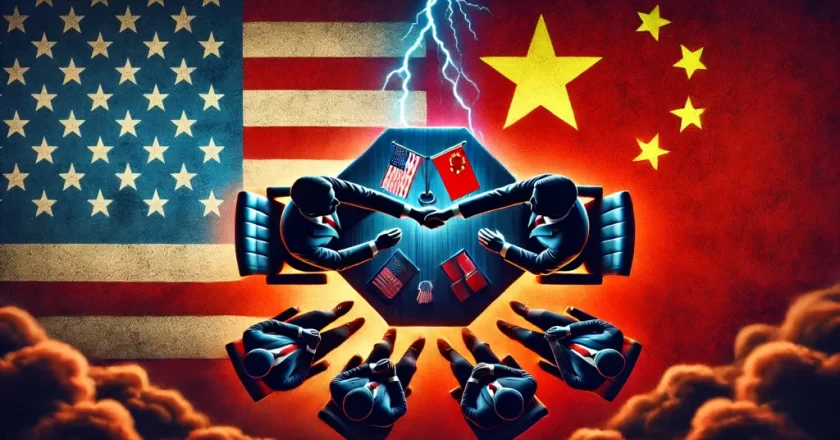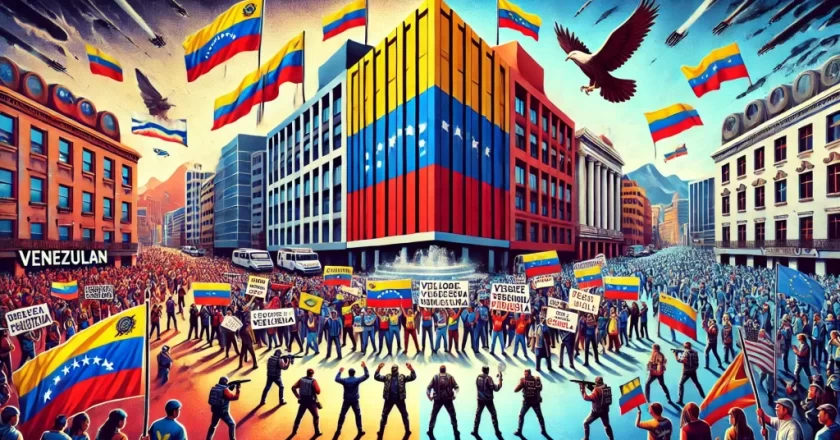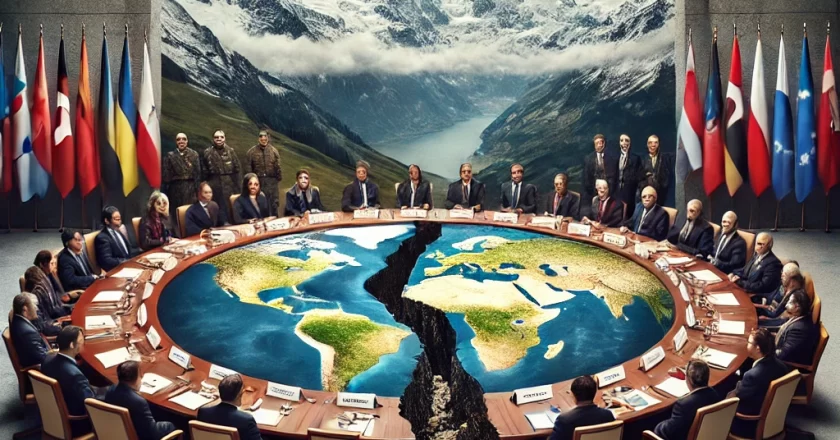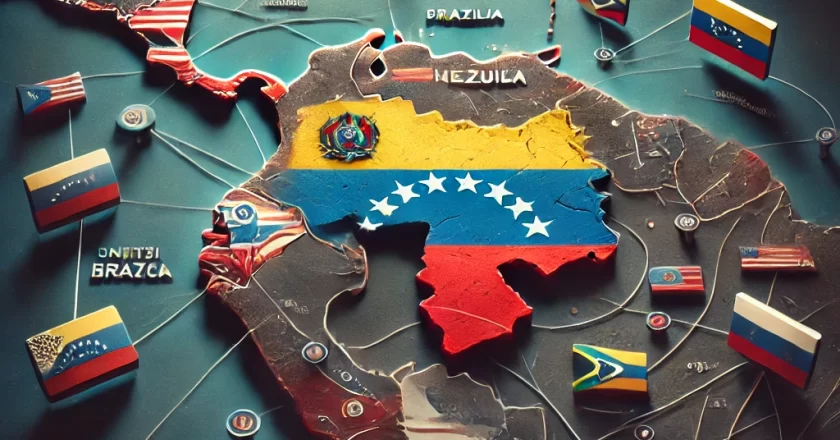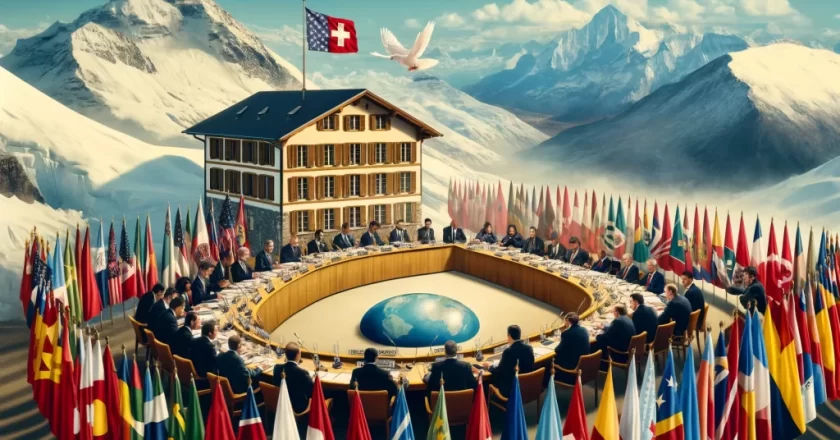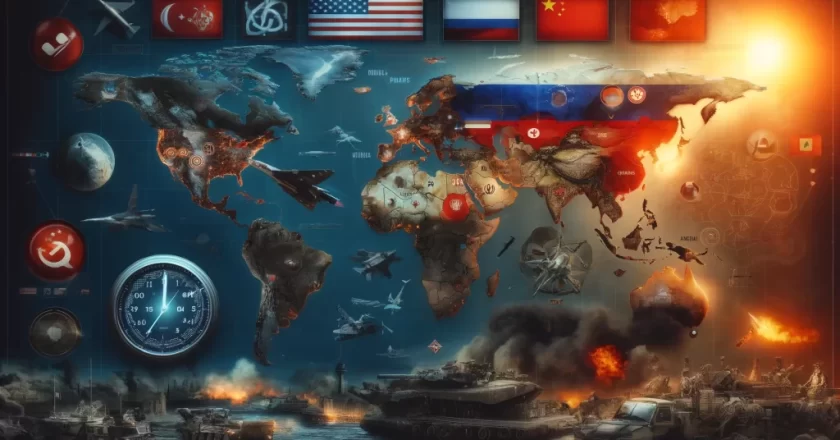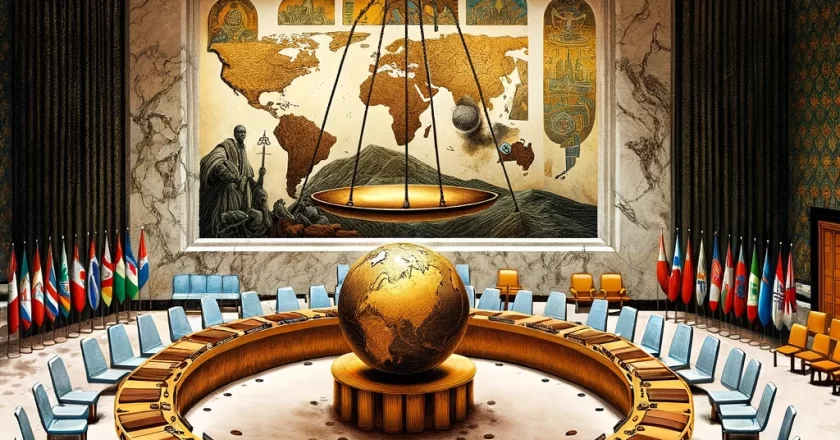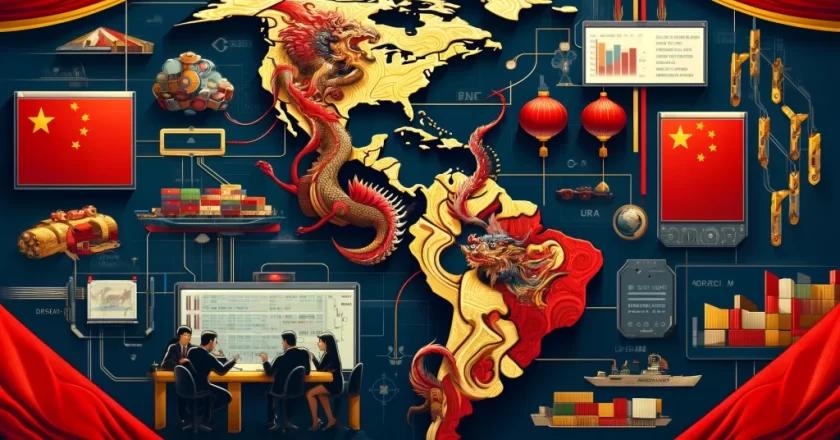US-China relations: tensions and perspectives after Jake Sullivan's visit to Beijing
Relations between the United States and China remain complex and volatile, reflecting geopolitical disputes, economic and technological developments between the two largest economies in the world. Jake Sullivan's recent visit, Conselheiro de Segurança Nacional dos EUA, a Pequim trouxe novos elementos para essa dinâmica. Em encontros com autoridades chinesas de alto escalão, Sullivan abordou temas críticos, incluindo comércio, segurança cibernética, mudanças climáticas, e direitos humanos, além de questões sensíveis como Taiwan e o Mar do Sul da China. Esta visita ocorreu em um momento estratégico, visando estabilizar as relações, mas também evidenciou profundas desconfianças mútuas.
A curto prazo, a visita de Sullivan ajudou a reabrir canais de comunicação que estavam enfraquecidos, oferecendo uma plata...

